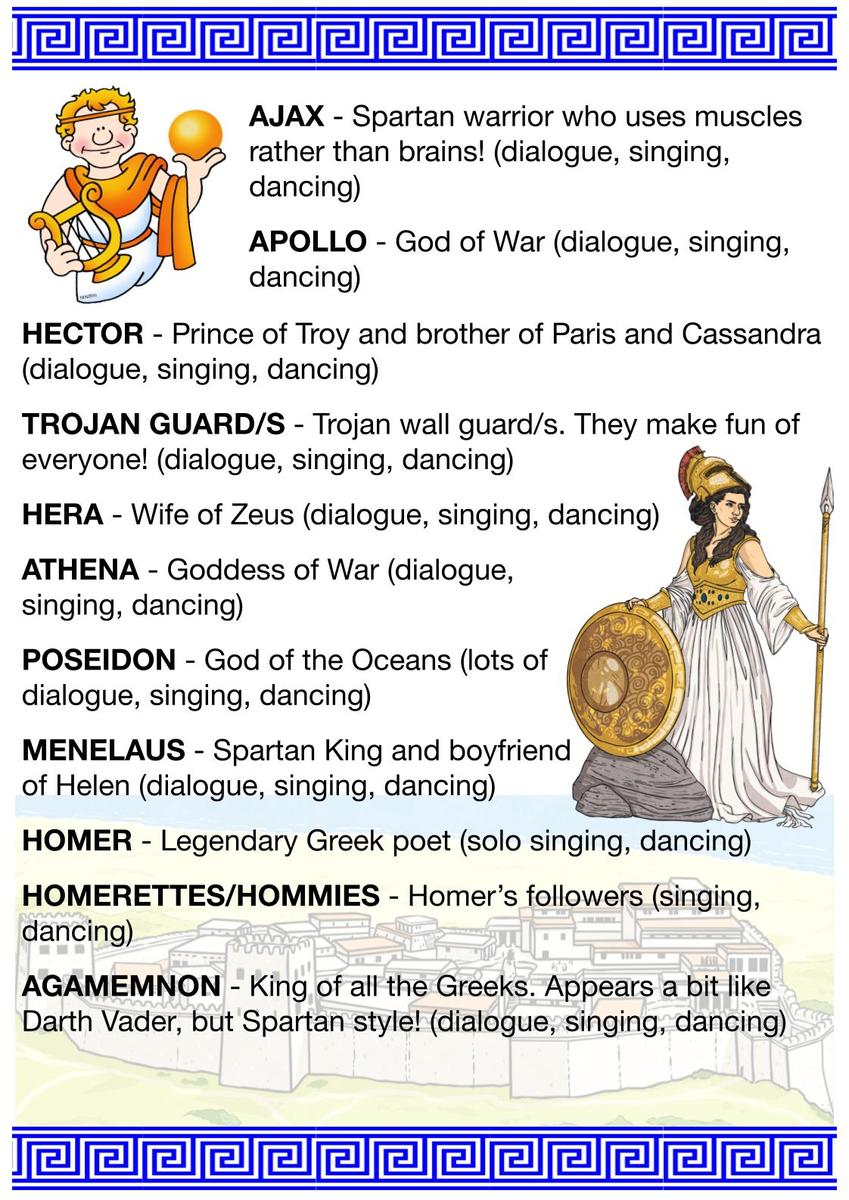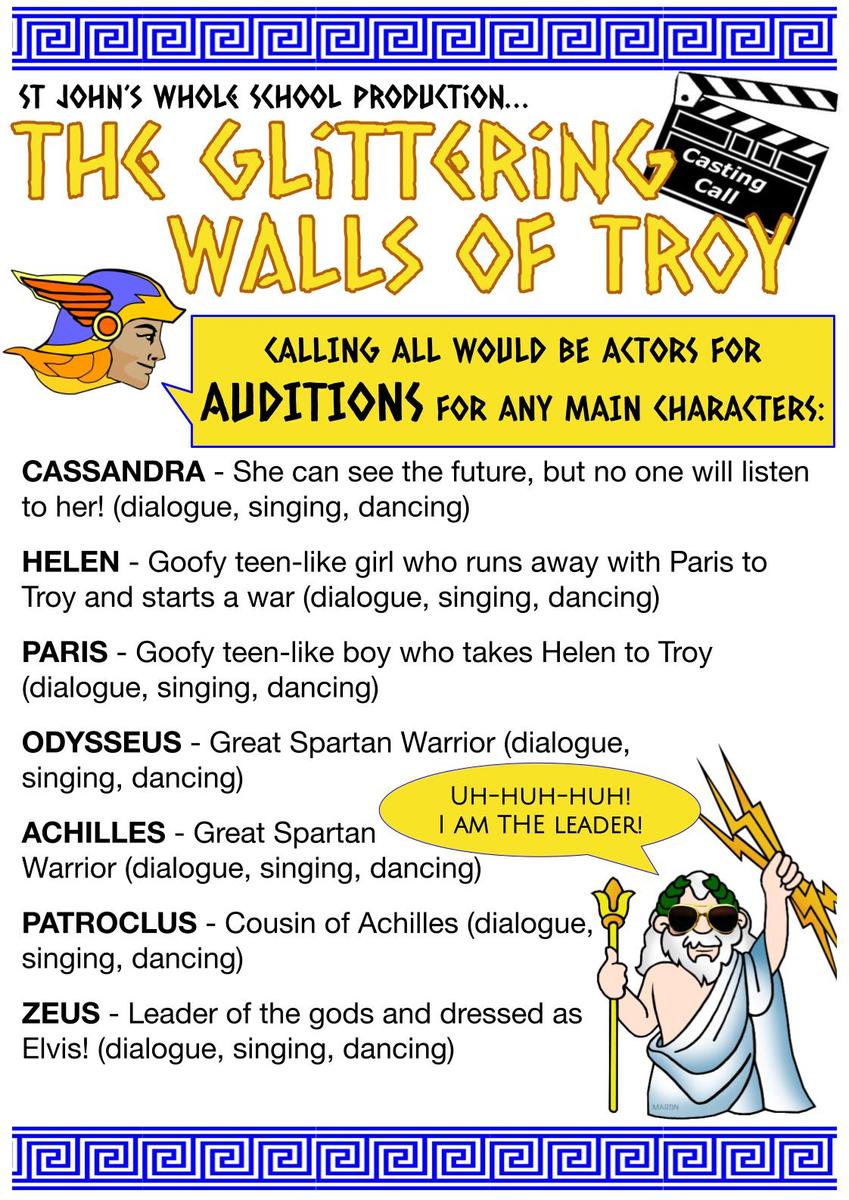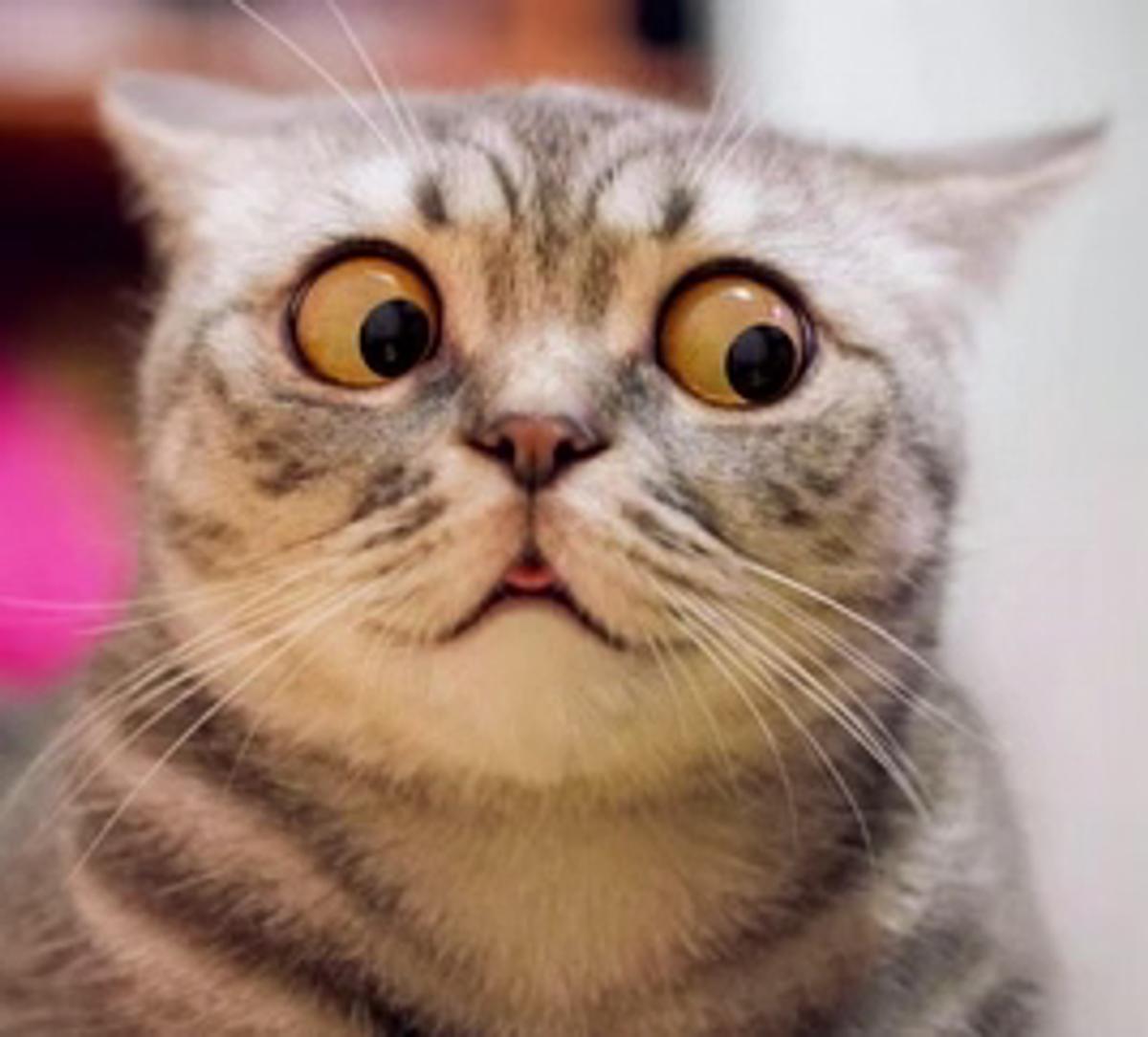Principal's Report
Aurora Australis over Tasmania

Principal's Report
Aurora Australis over Tasmania
Dear St John's Community,
My last newsletter for this term! As I have mentioned I am away from the start of Week 3 on Long Service Leave. My family and I are taking a holiday that's been 30 years in the making...a bit sad to say it's taken us this long but we've finally got to it!
As I announced previously, Mrs Maree Summers will step up as Acting Principal while I am away and Ms Marisa Patton will be Acting Deputy.
In the last newsletter, I tried to talk about some of the information learned while away in Darwin for the principal conference last term. While we were there we spent a lot of the time in Kakadu and spoke with Elders from the Binij, First Nations people. Two things we spoke a lot about were community and death. The latter was not from a morbid sense but rather how we treat the dead and their spirit.
As it was explained to us, community is a core belief for the First Nations people. Each member of the clan has a specific role and responsibility that they must fulfil to ensure the survival of the entire clan. If a member of the community doesn't pull their weight or can no longer fulfill their role they lose their place in the community. There is and has been a very strong ingrained belief system that the community's survival is the most important thing.
This is one of the reasons why there are so many displaced First Nations people who cannot find a place to belong and therefore succumb to the tyrannies of our society. It doesn't help that even up to a few years ago, numerous rogue operators across Australia continued, (despite bans and prohibitions) to pay First Nation people in alcohol and drugs.
One of the Elders we spoke with was a lawman for his clan. He made sure they followed the clan laws and if they broke them he had to administer clan justice. This was usually a wooden club to the elbow, a spear to the knee or a spear through the thigh or calf.
He explained that they often had first nation people who had long ago been removed from country or not known their heritage wanting to come back to country and often it was 'for the additional benefits' rather than any sense of learning about their culture. So when he carried out the cultural punishment for breaking the laws of the clan they went to the 'white man' police for justice. They wanted the benefits the First Nation people received but none of the responsibility that went with it. He joked with us that the police would then come to his country and arrest him and take him to jail. He didn't mind it because he had a roof over his head and three meals a day he didn't have to hunt for, he also got to spend time with some of his brothers and sisters before he could go back to country again. Then he would continue his role in the community as the lawman. And sooner or later the police would come again.
He explained that he could not give up his role for the community because then he would have no place anymore and become displaced. That white man had taken away so many roles that community members were responsible for that this was another reason so many First Nation people felt dispossessed. And in their culture, if you don't have a role or responsibility in your community you are effectively a lost soul.
I can't tell you how interesting this conversation was and how much it helped provide insight into why we see the problems we see amongst First Nation people around Australia, and how our influence over 200 years has impacted a society that has been doing things their way for at least 60000 years. If you consider the impact that the lockdowns during Covid has had on our respect for authority in Victoria, particularly of our youth respecting police authority. This is the closet correlation I can think of that we can relate to in how the First nation people feel about white man authority telling them what they can and can't do and taking away their roles and responsibilities. Food for thought.
I want to briefly talk about death as well. They teased us that when we lose a loved one we bury them three days later and then move on with our lives. To the Binij in particular, if someone dies they build a platform in the bush and wrap the body in paperback and place it on the platform during a ceremony that takes several days. Over the next 2-3 years, return to the site and perform another ceremony and wait until the body decays to just the bones and they rewrap it in paperback again. In the fourth year, they have another ceremony and the wise men of the clan wander the wilderness to find the tree where the person's spirit wants to go to. Once they find it, everyone in the clan comes together to carry the bones to the tree in the wilderness. Then further ceremonies and blessings on the tree are done and the bones are placed into a hollow section of the tree and concealed. It is usually a 4-5 year process to 'bury' someone. But they don't believe they are dead. They believe their spirit is alive and the process helps the spirit be ready to become one with the spirits of the land once again.
This is another reason why nature is so important to First Nation people all over Australia. The belief is that everything has spirit and if you cut down a tree it has to be for a very good reason and you need to thank the spirits for it because everything is spirit and literally the spirits of their ancestors live in everything.
It's no wonder so many First Nation people find it a very small step to go from their cultural spiritual beliefs to the Catholic Faith.
Thanks to everyone who has already put their thoughts into this document. I have received feedback that perhaps it wasn't given enough explanation as to what each of the things meant. If that is the case, I apologise, and I have tried to reframe it with more helpful information. If you have already done the previous one your voice still counts. This version simply has more information for everyone. You are more than welcome to do it again this time round. This is to collect your feedback for our future discussions in this space.




Staffing shortages this term are causing some difficulty in arranging production sessions but we are working through this and making every minute count!
Much love and best wishes to everyone, this is my last newsletter until the start of Term 4.
Kind regards,
Derek Bruitzman
Principal
Helping your child understand traumatic events in the media


Q: Why are dingo's great at giving speeches
A: Because they know when to paws...
Q: What's small furry and bright purple?
A: A koala holding its breath!
Q: Why did the emu cross the road?
A: To prove he wasn't a chicken
Q: When is a bear not a bear?
A: When it doesn't have the right koalafications